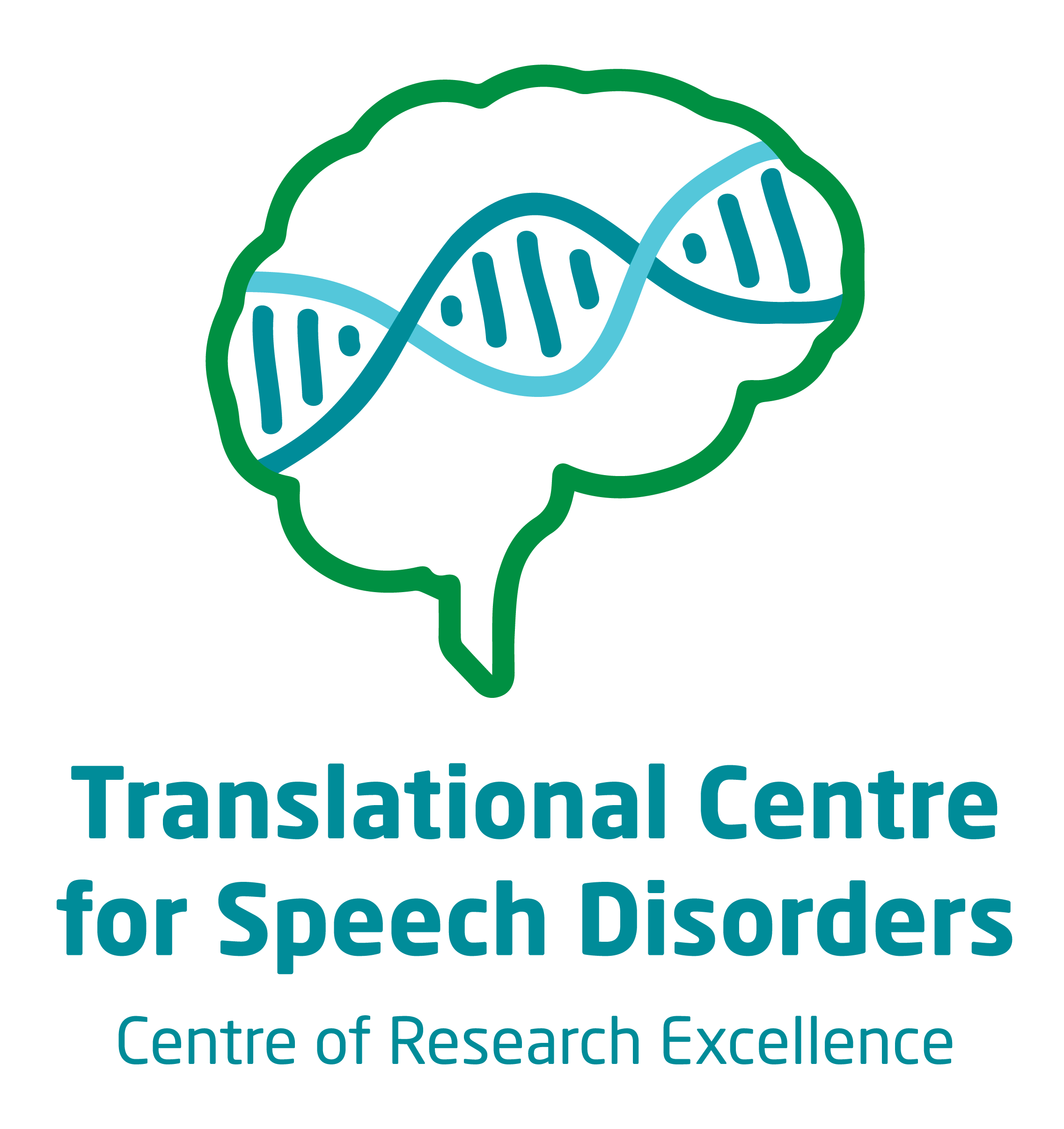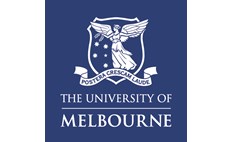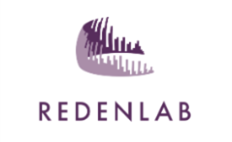What is Childhood Apraxia of Speech?
Childhood Apraxia of Speech (also called CAS) is a motor speech disorder that makes it difficult for children to speak. Childhood Apraxia of Speech is detectable in early childhood but can continue into adulthood.
Children with Childhood Apraxia of Speech have problems saying sounds, syllables, and words accurately and with the correct rhythm.
Although a child with Childhood Apraxia of Speech knows what they want to say, their brain struggles to correctly move their lips, jaw, and tongue to speak clearly and be understood.
Learning to speak is like learning to perform any skilled movement like playing the piano or knitting: at first you must concentrate on all the steps involved but with practice this process becomes automatic. Most children easily memorise the steps involved in speaking, but children with CAS must continually re-learn how to produce a word or phrase by asking themselves:
- Which sounds do I need?
- What order do the sounds come in?
- How do I move my lips, tongue etc. to make those sounds?
- Which sounds or words do I stress?
Children with CAS can become frustrated that they cannot communicate clearly or be understood. Families can also find it hard to understand why speech is so difficult for their child when for it is often automatic or 'easy' for others.
We don’t know exactly how many children have CAS, but we know it is rare. Only one or two children per 1000 enrolled in speech therapy are estimated to have it. CAS is the term most used today in Australia, North America, and Europe but it is also known as Developmental Verbal Dyspraxia (typically in the United Kingdom), Apraxia of Speech or Verbal Dyspraxia.







